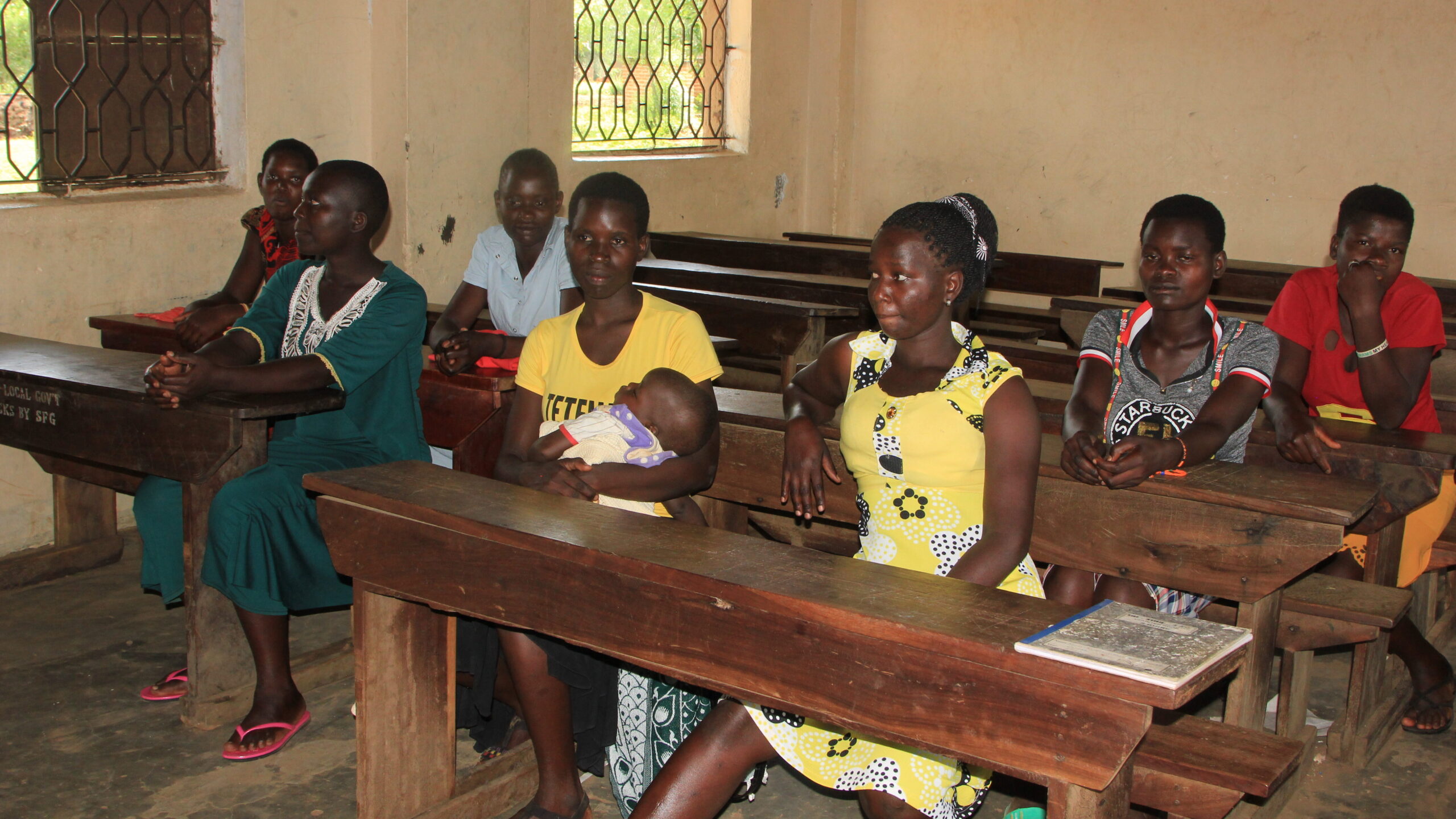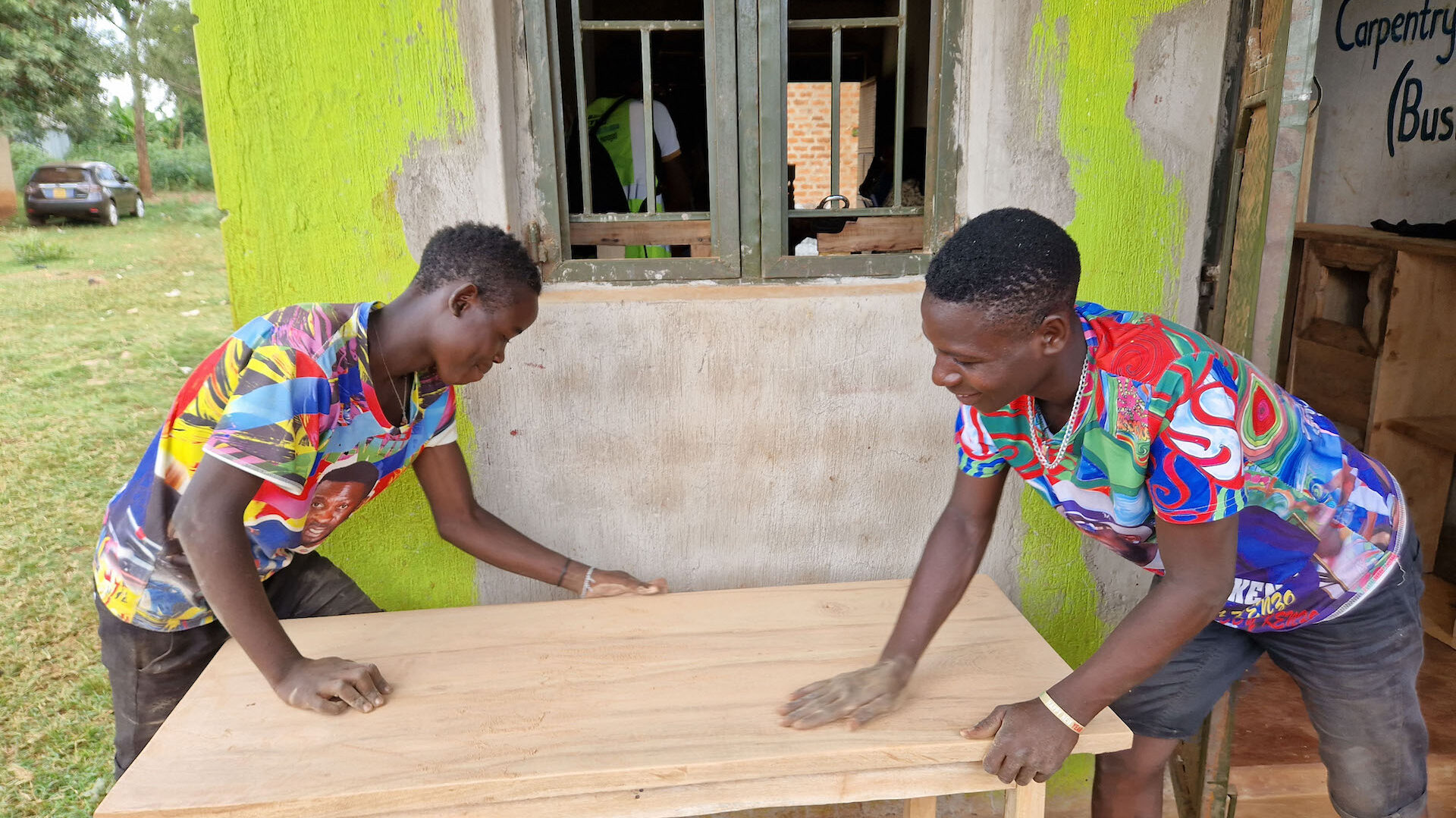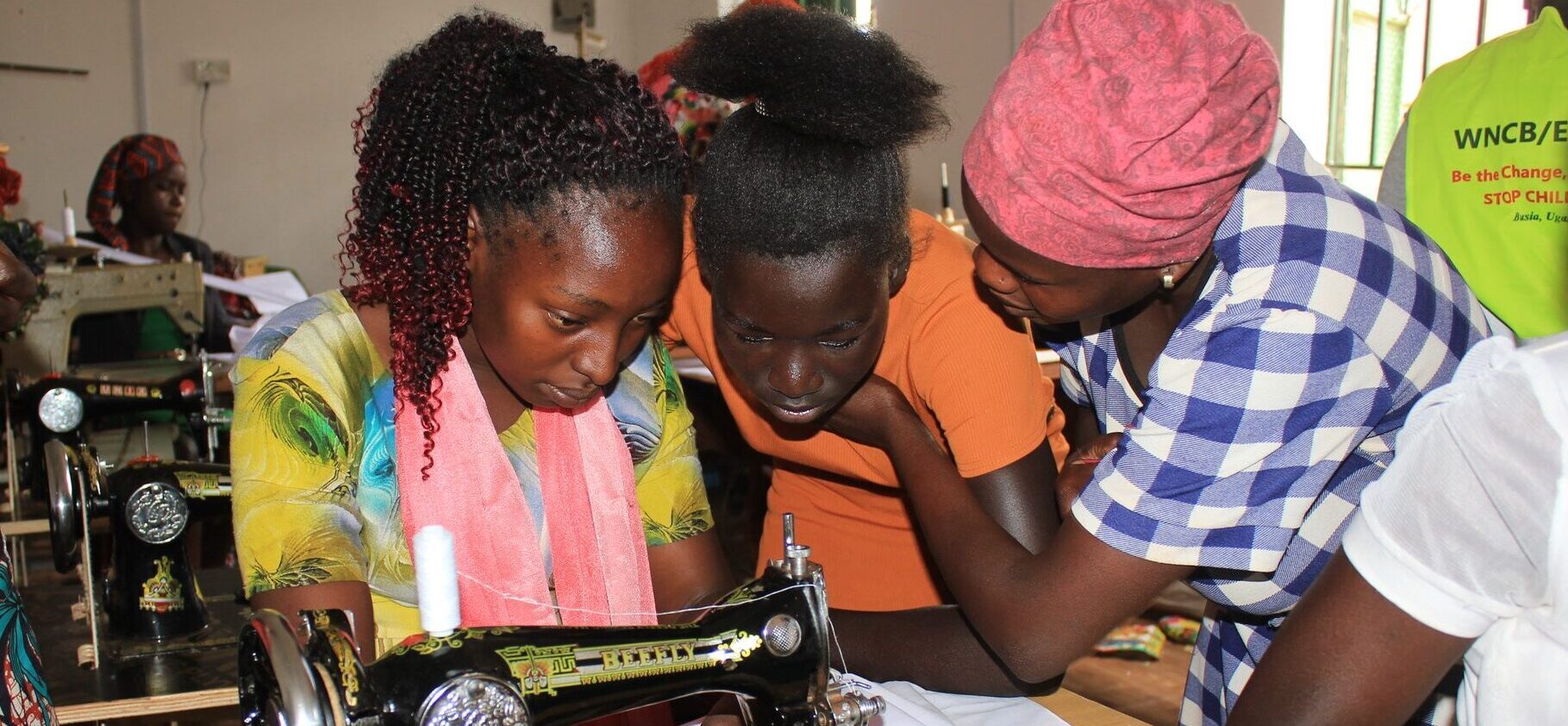Working together with companies, governments and communities to eliminate child labour
WNCB partner Environmental Women in Action for Development (EWAD) works, in cooperation with governments, mining companies and communities, in 30 villages in the subcounties of Busitema, Buteba, Tiira Town Council and Sikuda, Busia District to eliminate child labour and to work towards sustainable change, reaching over 4,280 households.
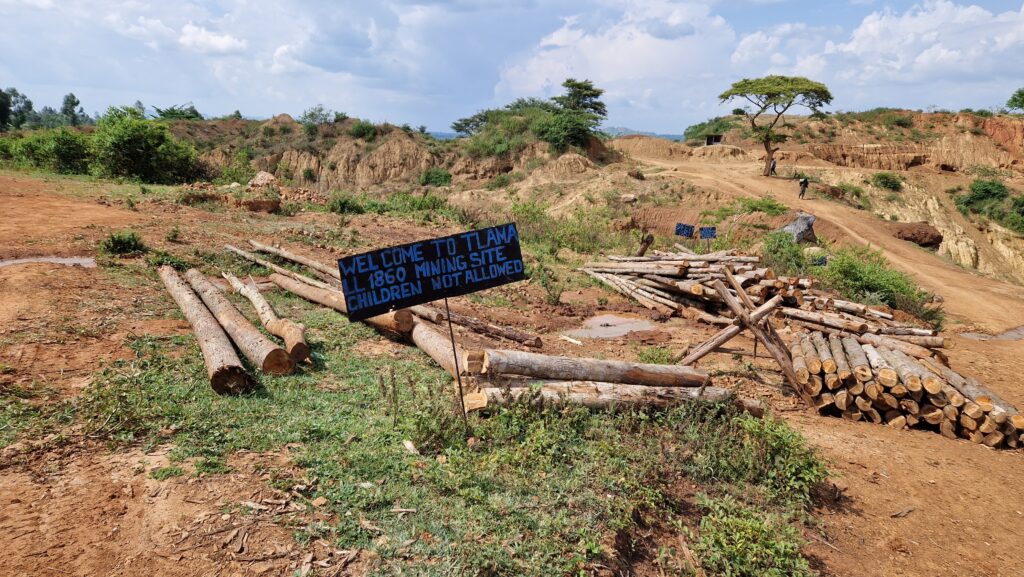
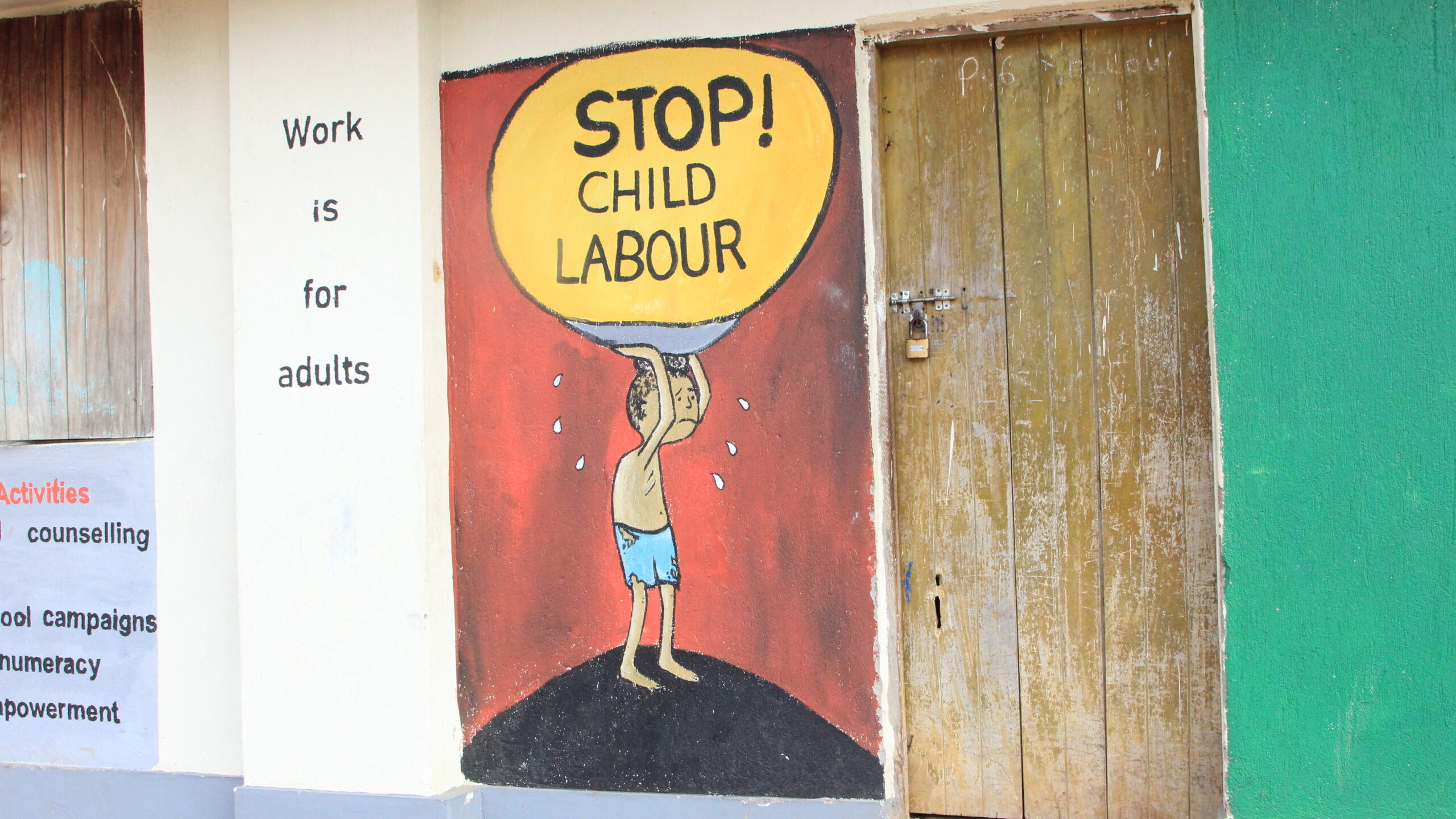
Background
Uganda has an estimated 50,000 artisanal and small-scale gold miners, 30% (15,000+) of which are children. Although the Mineral Policy of 2001 in Uganda intended to ban child labour in mining, this was never included in the country’s mining regulations. The law’s minimum age protections (16 years) do not apply to children working without a formal employment relationship. Busia is one of the largest gold mining districts in the country. The traditional gold mining activities have greatly affected school enrolment rates in the district as many children drop out to work in the mines.
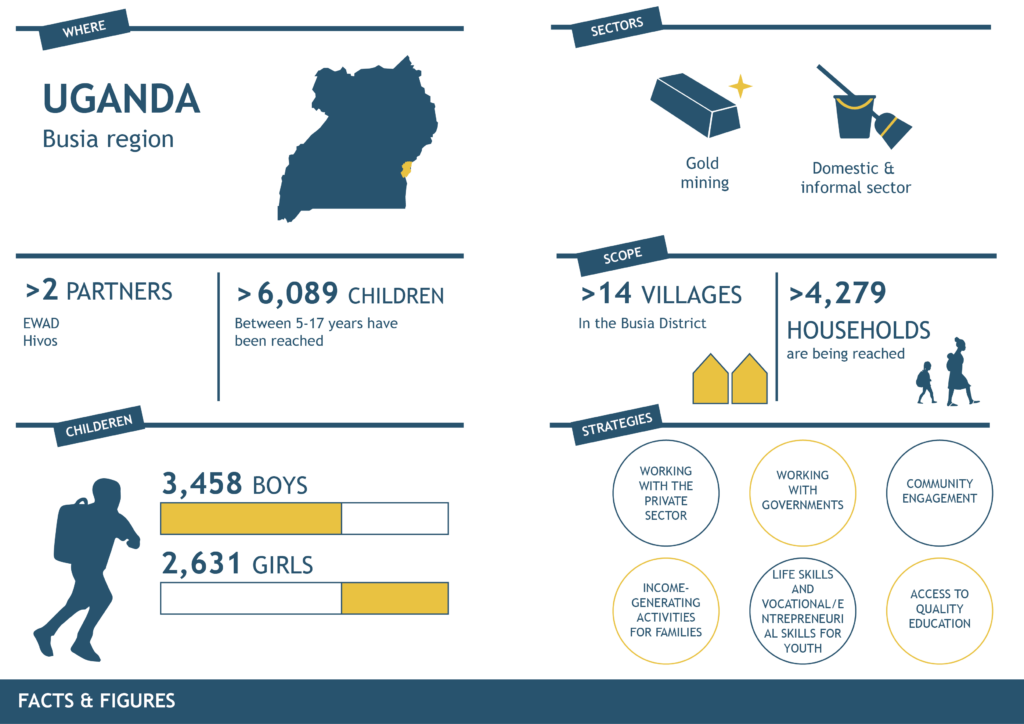
Challenges
The gap between policy and practice remains significant, with insufficient resources to effectively implement the policies. General lack of awareness on existing policies and laws renders underprivileged communities to miss out on the benefits and opportunities provided by policies, such as access to social services, funding, or programmes designed to improve their quality of life. Overall, 50% of the economically active youth are not engaged in income generating employment. Youth self employment is by far the most common form of youth work. Access to financial services for families is limited and parents’ low socioeconomic status has a strong influence on the educational aspirations of children and youth. After the Government of Uganda re-opened its economy in January 2022, the effects of the COVID-19 lockdown continued to be felt. More girls are dropping out of school, and without support these girls are likely to end up in child labour or get married and hence miss on education opportunities.
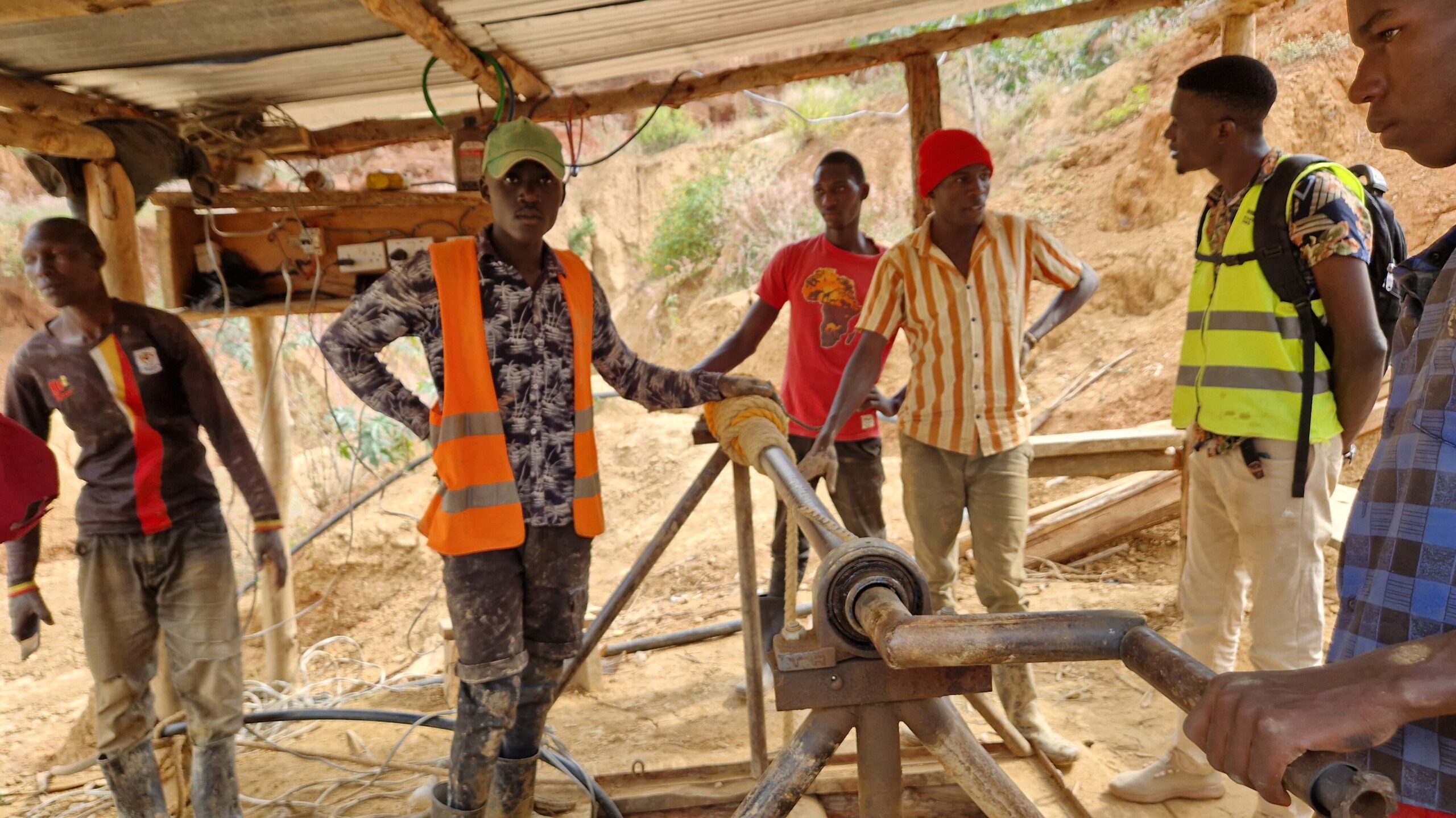
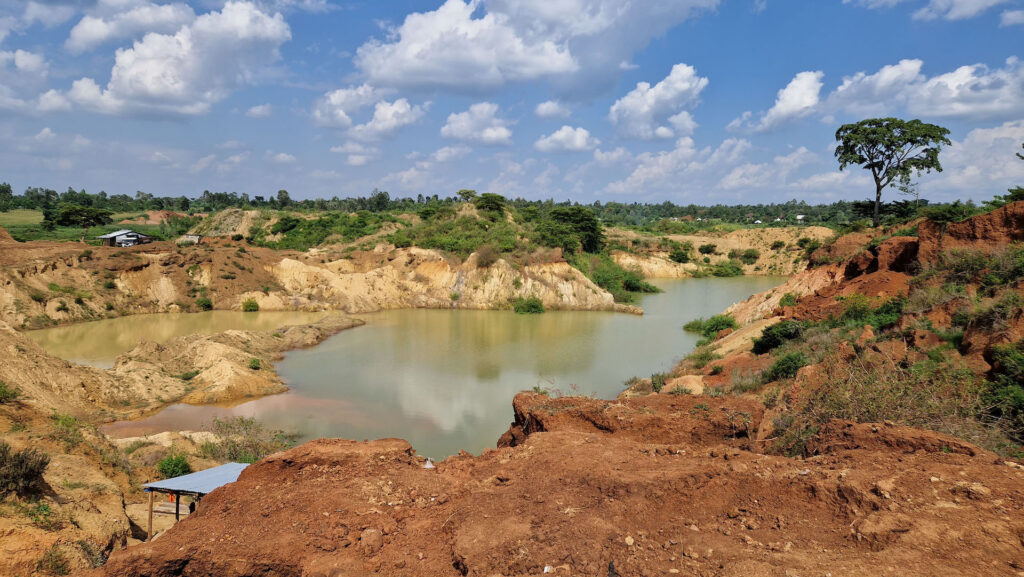
Strategies
EWAD implements a multi-stakeholder approach to prevent and address child labour in the mining communities. The area-based approach tackles all forms of child labour, mainly in the informal sectors, at the community level. The supply chain approach works with mining companies in the formal sectors. Cooperation with all stakeholders – the government, private sector and communities – is essential in bringing sustainable changes. The approaches are strongly interlinked and implementation led to a decrease in the number of children that work and an increase in children going back to school.
Margaret Tuhumwire (Executive Director EWAD) about Child Labour Free Zones in Busia.
“We are implementing a Child Labour Free Zone in Busia. In the fight against child labour all must be involved. We focus on behavior change around the norm that ‘no child should work and every child must be in school.”
Supply chain approach
Through engagement with both formal and informal mining actors, EWAD works towards realizing improved labour conditions, promoting Children’s Rights and Business Principles.
Area-based approach
The engagement and work with the private sector and governments is strengthened through the work at community level. By implementing the Child Labour Free Zone, which focusses on behavior change around the norm that ‘no child should work and every child must be in school’, children are supported to (re)integrate in the formal education system. Out-of-school youth are equipped with vocational skills at different training centers and apprenticeships within the community. Families and communities are supported with Village Savings and Loan Associations (VSLAs) where they access credit and very low interest rates to startup or boost their income-generating activities.
Lobby and Advocacy
Through lobby and advocacy efforts at regional and national level, EWAD works towards improved legal and policy frameworks to prevent and address child labour.
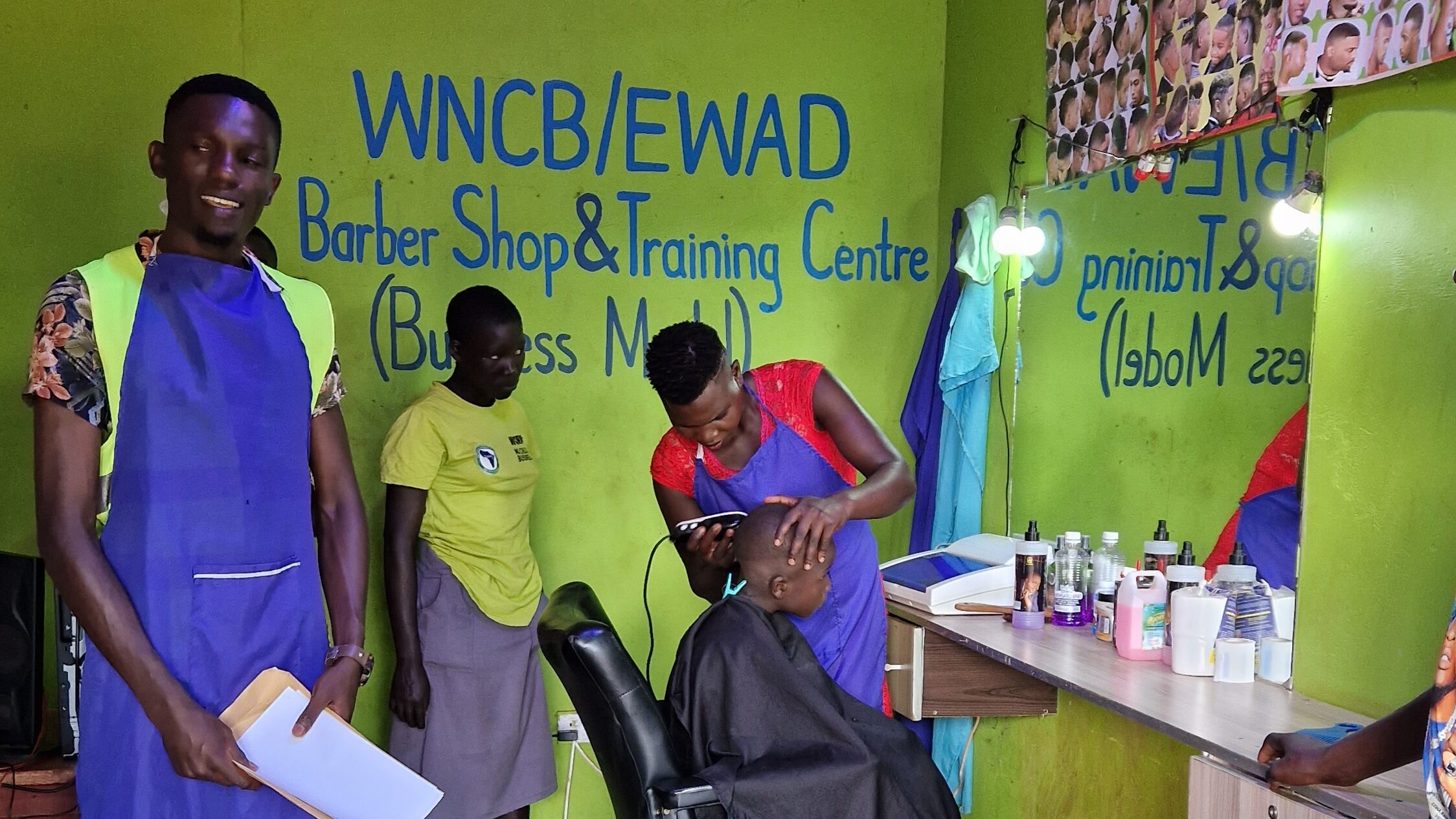
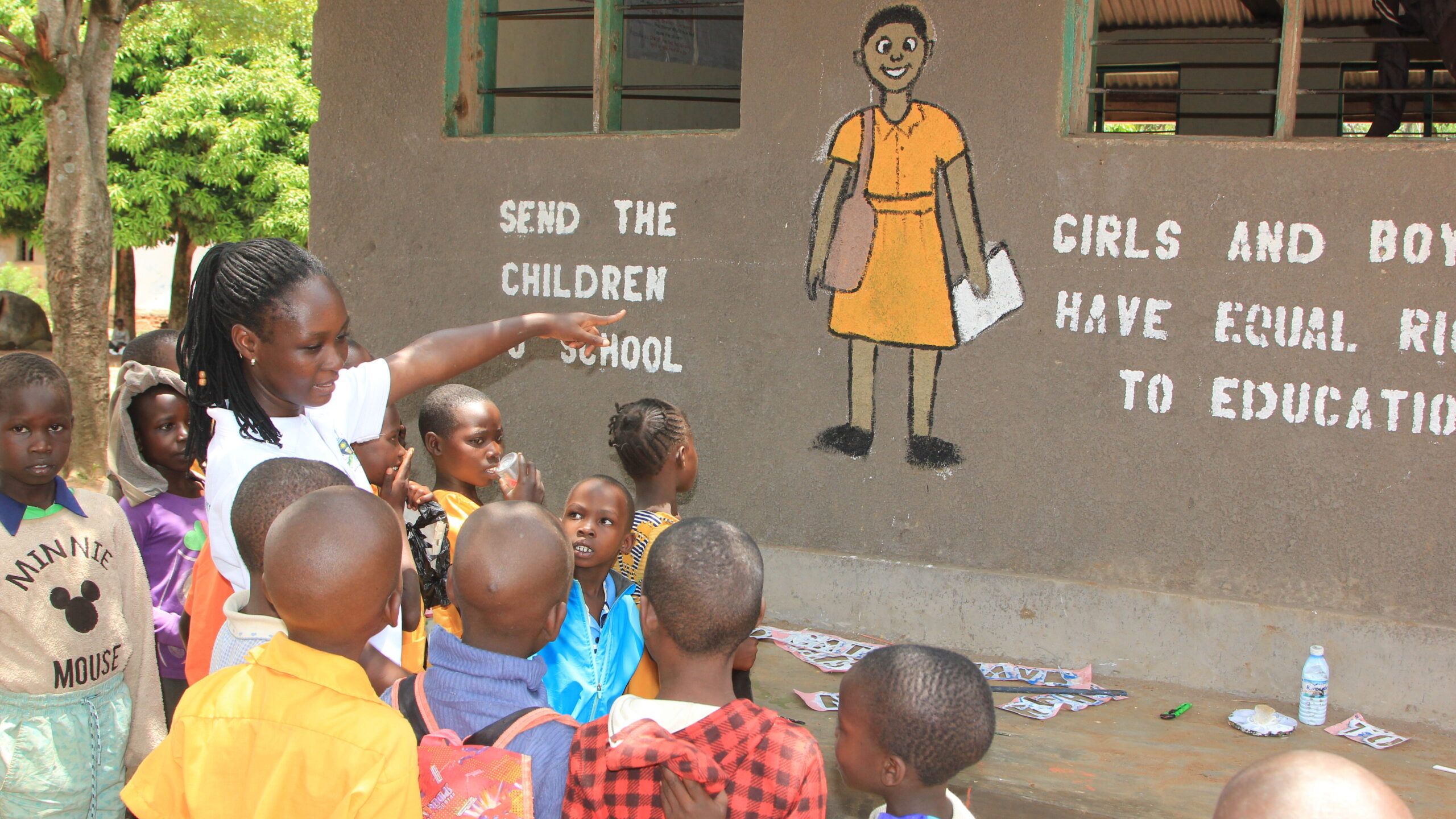
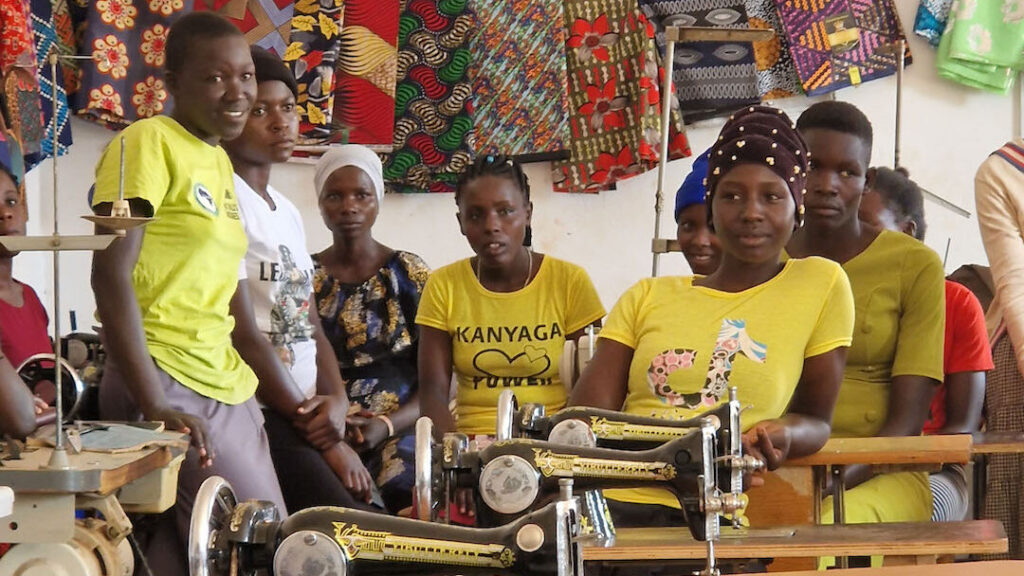
Changes
Training local government officials and leaders of the artisanal and small-scale gold mining business community led to improved wages, more safety at work and the incorporation of child labour policies as well as implementation of the children rights and business principals in Busia district.
WNCB partners, with support from the government education offices, have trained over 500 teachers in psychosocial support, gender, research, tracking and referral, and using child-friendly teaching methods (between 2021-2023 ). The trainings contributed to increased enrolment and daily attendance of children in school. Lobby and engagement with national and regional governments led to effective enforcement of relevant laws and regulations required by schools to improve the learning environment and the quality of education.
35.4% of families in the WNCB implementation area are engaged in the VSLA’s and income-generating activities. SLA members’ capacity to access government social protection programs has increased. This has led to a reduction of children dropping out of school and their involvement in child labour.
Over 183 out-of-school youth, above the minimum age for admission to work, have been equipped with vocational skills at different training centers and apprenticeships within the community, leading to improved access to youth employment at different places around the country, as well as youth teamed up in smaller groups to work together.
Next steps
EWAD’s work remains in progress. In the past years EWAD has worked with different successful strategies that led to establishing a Child Labour Free Zone and sustainable changes. And at the same time, EWAD continuously needs to adapt and respond to (new) challenges. Focus will be on continuing community engagement, increasing access to quality education and vocational training, further engagement with governments, supporting community members to access government social protection programs and increasing work with the mining private actors on Children’s Rights and Business Principles (CRBP) .
